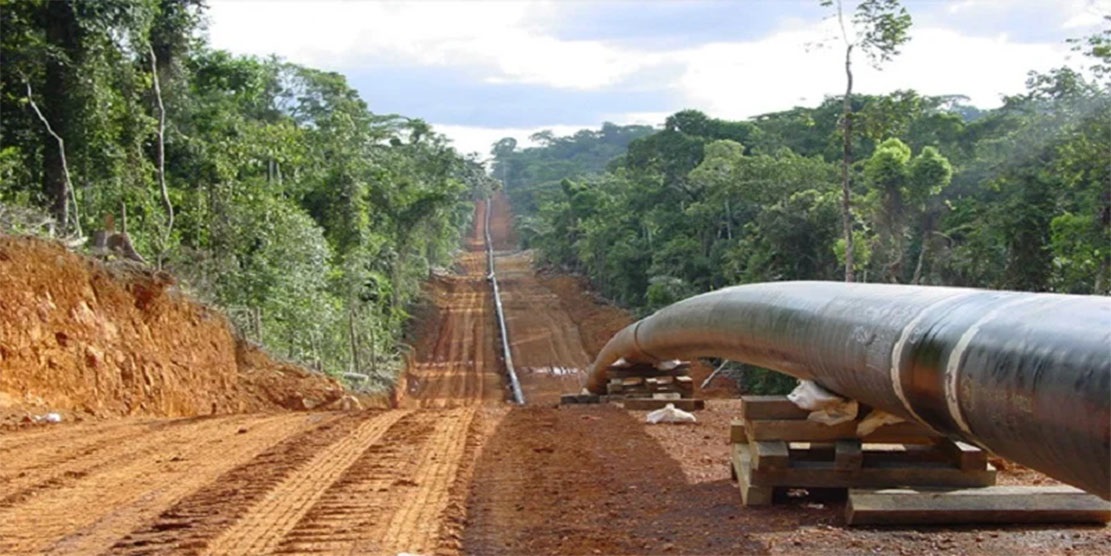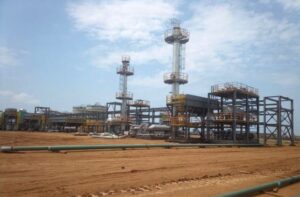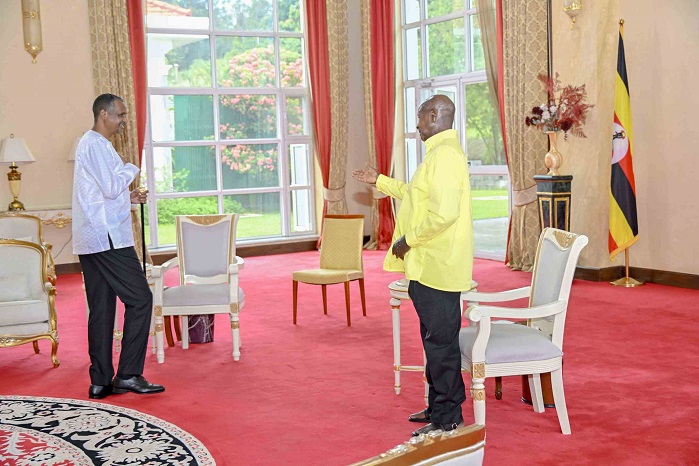
The EACOP infrastructure snaking its way to Tanzania is almost complete
HABARI DAILY I Kampala, Uganda I Ugandans can now smell the oil, ahead of the date for First Oil production, when the country will see its oil flow and be delivered to the international market.
The news comes in the wake of the revelation that up to 115km of pipes that will deliver Ugandan oil to the port of Tanga all the way to Tanzania, as it snakes its way to the global market, have been laid in the ground.
Uganda and its joint venture partners under the East African Crude Oil Pipeline (EACOP) announced the delivery of the last batch of the 1,443km pipes for the mega project.
“A total of 16 shipments were on Saturday delivered at Dar-es-Salaam Port in Tanzania by Panyu Chu Kong Steel Pipe Company Limited, the manufacturer. The pipes have been delivered in batches over a period of one year and nine months,” reads part of the statement from EACOP.
It further said that from Dar-es-Salaam, the pipes will undergo coating at the thermal insulation facility at Nzega before they are sent to the pipeline corridor for welding, and later be buried under the ground.
EACOP said they have been receiving about 100km of pipes every month from China. Currently, the pipeline construction activities are progressing well across the three lots.
The first lot covers works from Lake Albert in Buliisa to the border at Mutukula in Kyotera district, while lot two covers works from Mutukula to Igugono in Singida district within Tanzania.

The Kingfisher central processing unit was ready to pump out oil by mid 2025
The third lot covers works from Igugono to Chongoleni in Tanga district, still in Tanzania, where jetty and storage terminals are under construction to receive Uganda’s crude oil.
“To date, a total of 800km of the pipeline have been welded, 300km coated with liquid epoxy, while 115km have since been buried under the ground. The works for the installation of high voltage cables along the EACOP route have commenced,” said the EACOP official.
Funding materealises
Irene Bateebe, the energy ministry permanent secretary In March this year, the Government and joint venture partners under EACOP, secured the first portion of the external debt for the construction of the crude oil pipeline.
The project loan, which is in the range of $1b (sh3.4 trillion), is part of the $2.35b fund needed under the debt component to support the pipeline construction.
The money has been provided by four global and regional financial institutions. These include the African Export Import Bank, the Islamic Corporation for the Development of the Private Sector from Saudi Arabia and Standard Bank of South Africa.
The funders also include two local banks: Kenya Commercial Bank Uganda and Stanbic Bank Uganda Limited.
Sources, who participated in the negotiations of the financial agreements, revealed that the needed funds will be secured in three tranches. The first two, the source said, will be in a range of $1b each, while the last portion will be $500m.
The Government projections alone indicate that the upstream projects will generate annual average revenues of between $1b (sh3.4 trillion) to $2.5b (sh8.7 trillion), depending on the prevalent international oil prices.




